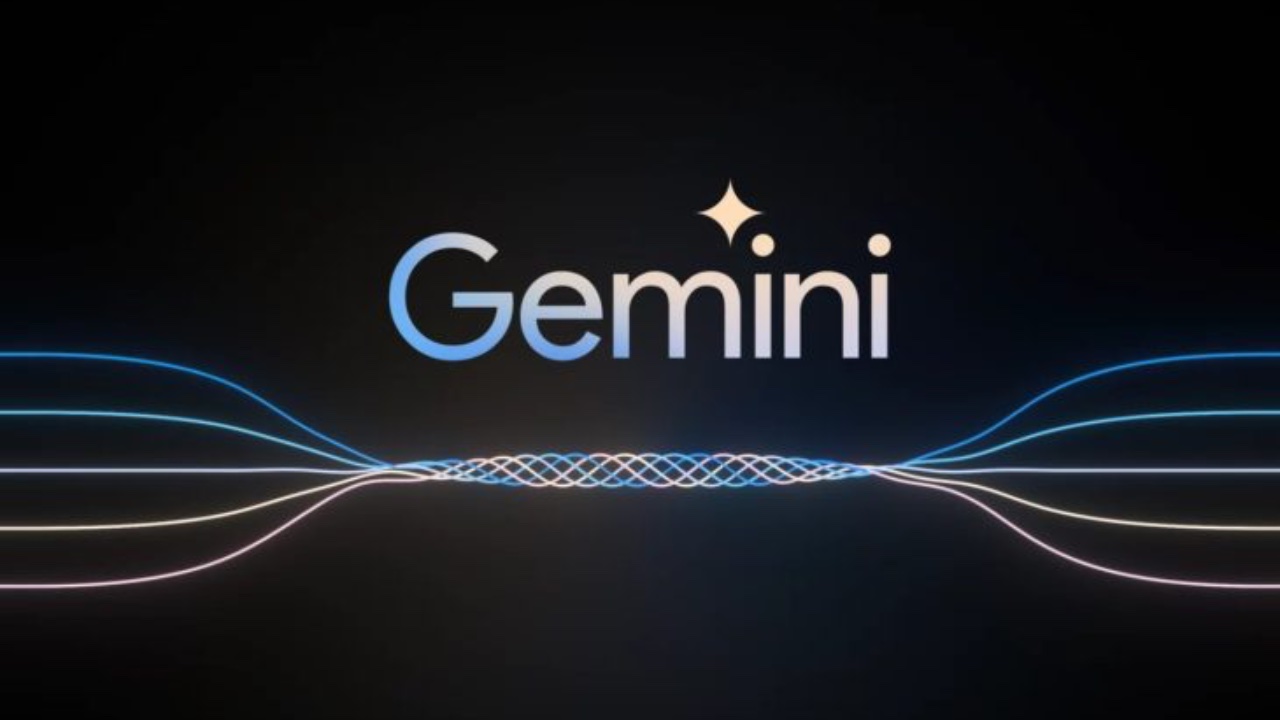Deloitte is once again having to explain the quality of its consulting services, with generative artificial intelligence once again in the spotlight. The Canadian branch of the firm is facing serious allegations over a 526-page report on the health care system for the province of Newfoundland and Labrador. The document, for which the local government paid close to $1.6 million, contains non-existent studies and false footnotes, suggesting an unverified and risky use of AI tools in the process of creating analyses.
An investigation byThe Independentportal revealed that the report cites scientific papers that cannot be found in any databases. Worse still, the document attributes authorship to real experts in publications that were never written. A case in point is Gail Tomblin Murphy of Dalhousie University, who was astonished to discover her name next to a fictional paper, stating that this looks like significant AI involvement in generating unsupervised content. This is not an isolated incident within the structures of the ‘Big Four’ giant. Just in October, the company’s Australian division had to refund part of a fee for a government report in which – with Azure OpenAI support granted – non-existent court citations were generated.
Deloitte Canada, in a statement to Fortune, admitted to “selective use” of technology to handle research citations, while assuring that the report’s key strategic conclusions remain intact and errors will be corrected. However, this situation casts a shadow over the credibility of consultancies in an era of rapid digital transformation. It clearly shows that implementing GenAI in analytical processes without rigorous *human-in-the-loop* verification procedures becomes a serious operational and reputational risk, even for the biggest players in the IT and consulting market.












